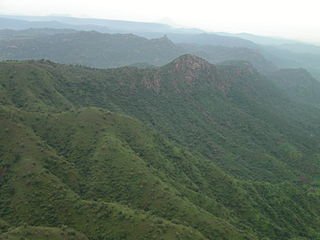The Politics of Conflict in Northern Ethiopia, 2020-2021: a study of war-making, media bias and policy struggle
This paper offers a political analysis of the development of the TPLF-induced armed conflict in northern Ethiopia and considers the international responses in media and international policy circles. The extension of the conflict by the TPLF after the unilateral ceasefire proclaimed by the federal government on 28 June 2021 (followed by its retreat from Tigray) did not lead to an easing of the fighting. On the contrary, the TPLF used scorched-earth tactics, perpetrated substantial abuse of civilians (mass killings, burning down villages, destroying and looting hospitals, health centres and other economic infrastructure), and created food scarcity, hundreds of thousands of IDPs and hugely aggravated humanitarian problems in the Amhara and Afar regions. In spite of this unilateral TPLF extension of the armed conflict, the responses of international policy circles, notably from the Western donor countries and the UN, have been negative towards the federal government and mild on the TPLF.
This paper explores aspects of this paradoxical and problematic approach and argues that it will not lead to a political or other solution of the conflict, especially not in view of the undiminished belligerent strategy of the TPLF. The Ethiopian federal government and its leader PM Abiy Ahmed, having been confirmed in power after a relatively successful and credible parliamentary election on 21 June 2021, are pressurized by much of the global media and Western policy makers for the problems in Tigray – including the ‘famine’ declared by TPLF – and urged to negotiate. The TPLF, incorrectly identified with the people of Tigray as a whole, is not held to account. But an overbearing Western approach based on the threat of sanctions (by the US government) and on what often seem ‘neo-imperialist’ demands, as evident from serious interference in the conflict – even by a number of UN individuals (expelled from the country on 30 September 2021) – will not contribute to political negotiations or dialogue, restoration of peace, or rehabilitation of the war-torn regions, neither to stability in Ethiopia. Not only improved media reporting, based on solid local (Ethiopian) information and checking sources, but also a fundamental reset of certain UN and Western donor country policies on Ethiopia, are needed. Read the full text⇓

























